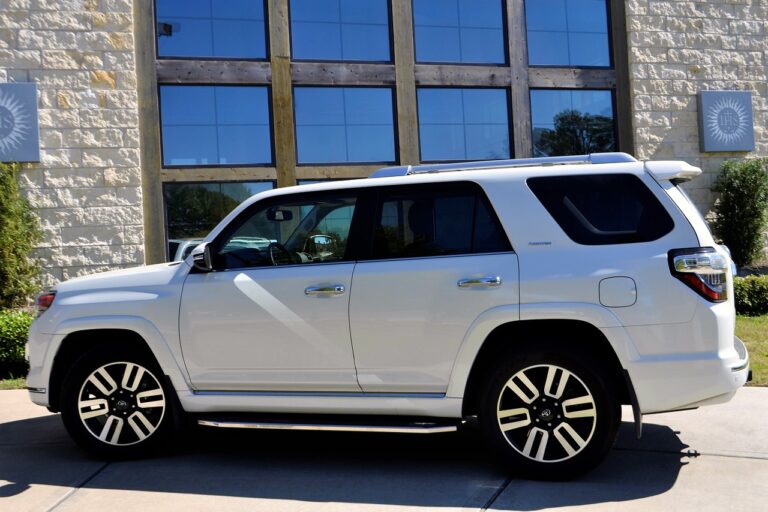The Influence of Automotive Air Conditioning on Vehicle Cabin Air Sterilization
golden exchange, cricbet99, king567:Automotive air conditioning is a standard feature in modern vehicles, providing comfort for drivers and passengers during hot and humid weather. While the primary purpose of automotive air conditioning is to regulate the temperature inside the vehicle, it also plays a crucial role in improving air quality by reducing humidity levels and filtering out contaminants. In recent years, there has been a growing interest in the potential of automotive air conditioning systems to help sterilize cabin air and prevent the spread of airborne pathogens, including bacteria and viruses.
### The Role of Automotive Air Conditioning in Cabin Air Sterilization
Automotive air conditioning systems are designed to circulate and filter the air inside the vehicle, creating a comfortable environment for occupants. The filters used in these systems are capable of trapping dust, pollen, and other particles that can trigger allergies and respiratory issues. By removing these contaminants from the air, automotive air conditioning helps improve air quality and reduce the risk of health problems associated with poor indoor air quality.
In addition to filtering out particles, some automotive air conditioning systems are equipped with advanced air purification technologies that can help sterilize cabin air. One such technology is the use of UV-C light, which is known for its germicidal properties. UV-C light has been shown to be effective in killing bacteria, viruses, and other microorganisms by disrupting their DNA and RNA, rendering them inactive and unable to reproduce.
### The Benefits of Air Sterilization in Vehicles
The use of UV-C light or other air purification technologies in automotive air conditioning systems can offer several benefits for vehicle occupants. By sterilizing the air inside the vehicle, these systems can help reduce the transmission of airborne pathogens, including viruses like the flu and common cold. This is especially important in shared vehicles, such as taxis and ride-sharing services, where multiple passengers may be at risk of exposure to harmful germs.
In addition to reducing the spread of illnesses, air sterilization in vehicles can also help alleviate symptoms for individuals with allergies or respiratory conditions. By removing allergens and pollutants from the air, these systems can create a more comfortable and healthier environment for occupants, especially during long drives or in heavy traffic where air quality may be compromised.
### The Influence of Cabin Air Sterilization on Vehicle Safety
Maintaining good air quality inside the vehicle is not just a matter of comfort and healthit also has implications for vehicle safety. Poor air quality can impair the driver’s concentration and reaction times, increasing the risk of accidents on the road. By sterilizing cabin air and removing harmful contaminants, automotive air conditioning systems can help create a safer driving environment for both the driver and passengers.
In addition, air sterilization in vehicles can help reduce the buildup of odors and stale air, creating a more pleasant driving experience for occupants. This can contribute to a positive mood and mindset while driving, improving overall driver satisfaction and comfort.
### The Future of Automotive Air Conditioning Technology
As the demand for cleaner and healthier indoor environments grows, automotive air conditioning manufacturers are investing in innovative technologies to enhance air quality inside vehicles. In addition to air purification systems, future automotive air conditioning systems may incorporate sensors and smart controls to monitor air quality levels and adjust settings accordingly. This can help optimize the performance of the system and ensure that occupants are breathing clean and fresh air at all times.
Furthermore, advancements in materials science and filtration technology may lead to the development of more efficient and sustainable air filters for automotive air conditioning systems. These filters can help capture a wider range of particles and contaminants, including ultrafine particles that are known to be harmful to human health. By investing in research and development, automotive manufacturers can continue to improve the air quality inside vehicles and enhance the overall driving experience for consumers.
### FAQs
**Q: Can automotive air conditioning systems prevent the spread of COVID-19 inside vehicles?**
A: While automotive air conditioning systems can help filter out airborne particles, including viruses, they are not a foolproof solution for preventing the spread of COVID-19 inside vehicles. It is recommended to follow proper hygiene practices, such as wearing masks and practicing social distancing, to reduce the risk of exposure to the virus while traveling in vehicles.
**Q: How often should I replace the air filter in my car’s air conditioning system?**
A: It is recommended to replace the air filter in your car’s air conditioning system every 12,000 to 15,000 miles or once a year, depending on your driving habits and the air quality in your area. Regular maintenance of the air filter can help ensure optimal performance of the system and keep cabin air clean and fresh.
**Q: Are there any aftermarket air purification systems available for vehicles?**
A: Yes, there are aftermarket air purification systems available for vehicles that can be installed to enhance air quality inside the cabin. These systems may utilize UV-C light, ionizers, or other technologies to sterilize the air and remove contaminants. It is important to research and carefully choose an air purification system that is compatible with your vehicle and meets your specific needs.
In conclusion, automotive air conditioning systems play a vital role in maintaining air quality and comfort inside vehicles. By incorporating air sterilization technologies, these systems can help reduce the transmission of pathogens and create a healthier environment for occupants. As the automotive industry continues to innovate and prioritize air quality, we can expect to see more advancements in automotive air conditioning technology that will further enhance the driving experience for consumers.







